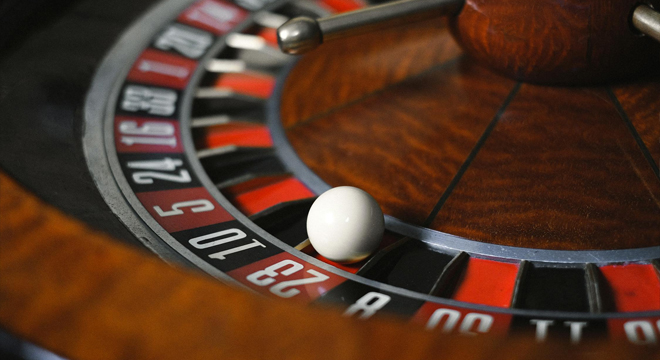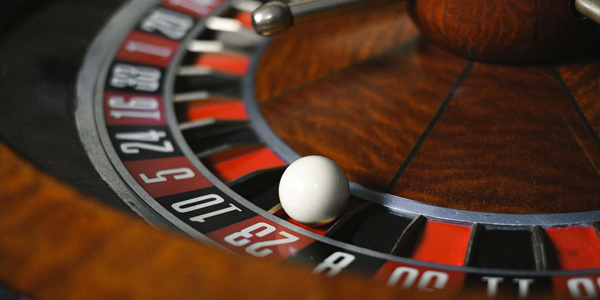
Roulette is a game that looks pretty simple at first glance. You pick a color or number, place your chips, spin the wheel, and await your fate… Plus, no matter whether you’re playing the game online or in a casino anywhere in the world, the rules remain the same. Right?
Well, not quite. You see, there are actually a few different roulette variants, each of which plays by slightly different rules. There’s European roulette—that’s the version you’ll be used to playing if you live outside the U.S.—American roulette (pretty self-explanatory!), and even French roulette. The version you decide to play matters more than you think since it impacts everything from your odds of winning to how long your bankroll lasts.
Curious to learn more? Come with us as we break down the differences between these three roulette flavors, and take a closer look at which one suits your gambling style.
The Source Game
Before we dive into the specifics, let’s recap the basics (especially useful if you’re a newcomer to the game). Roulette in all its forms is a wheel-and-board game built on a core structure that applies whether you’re spinning the virtual wheel and playing roulette games online, or standing at a physical table among the high rollers in a Las Vegas casino.
At the heart of the game is the iconic roulette wheel itself. It’s segmented into numbered red and black pockets, with at least one green pocket reserved for the house. Matched to the wheel is the betting board, which shows all the numbers and betting areas that are possible during a game.
There’s a wide range of bet types on offer during your average roulette games, typically falling into the Inside Bets or Outside Bets categories. Inside bets include straight-up, split, corner, street bets, etc., while red/black, odd/even, high/low, and column bets are the outsiders.
These essential elements remain unchanged from when the game was first popularized in European casinos. But! What does change is the fine print.
Let’s dig a little deeper…
Same Structure, Subtle Shifts
So, where exactly do things start to differ between these three “international” roulette variants? It’s all in the wheel, specifically the number of zeros that are present. Because they don’t count as red, black, even, or odd, zeros basically act as a built-in house edge: the more of them there are, the lower your odds.
| Variant | Total Pockets | Zeros | House Edge |
| European Roulette | 37 | 1 (0) | 2.70% |
| American Roulette | 38 | 2 (0,00) | 5.26% |
| French Roulette | 37 | 1 (0) | As low as 1.35% |
To put this into perspective, if you placed 1000 bets at £1 each on red in both the European and American variants, you’d receive two very different outcomes. Playing the former, you could expect to lose around £27 in the long run (assuming you make consistent, even-money bets). In contrast, that increases to £53 in American roulette, since the house edge is almost doubled in this version.
European roulette certainly presents the mathematically more attractive option of the two but wait – there’s a third variant we need to consider too.
The Strategic Edge?
French roulette is built on the same single-zero layout as its Euro counterpart, so where does that much slimmer house edge come from? Well, that’s the result of not one but two special rules that can seriously chop off the house edge on even-money bets: La Partage and En Prison.
- La Partage gives you back half your initial wager if the ball lands on zero
- En Prison lets you ‘imprison’ your bet for the next spin if the ball hits zero. Should you win the next spin, you’ll get that wager back.
Since both options lower the house edge to 1.35%, French roulette takes the crown for being the most player-friendly out of all three formats.
Why This Matters
As we looked at in the example above, over thousands of spins, even marginal differences in house edge can seriously affect your winnings. Ask yourself: how much value are you giving away by default?
Choosing to play American roulette saddles you with a 5.26% house edge—that’s almost double the European version. Even more sobering, that potential bankroll drain is almost four times greater than if you opted for La Partage or En Prison bets in the French variant.
Now, there might be times when it suits your playstyle to give up edge for high volatility, pace, and adrenaline. If preserving your bankroll or grinding out long sessions is your MO, though, you’ll lose out in the long run by not hunting down the most player-friendly variant available.
Roulette might look like a game of pure chance—and it is, to some extent. However, as with all casino games, taking a strategic approach means you can manage risk and maximize potential returns.
As a serious player, it’s crucial to pay attention to your reel. Yes, every spin is random, but that extra zero on the American wheel could be the difference between a short session and a tasty run of successful spins.
